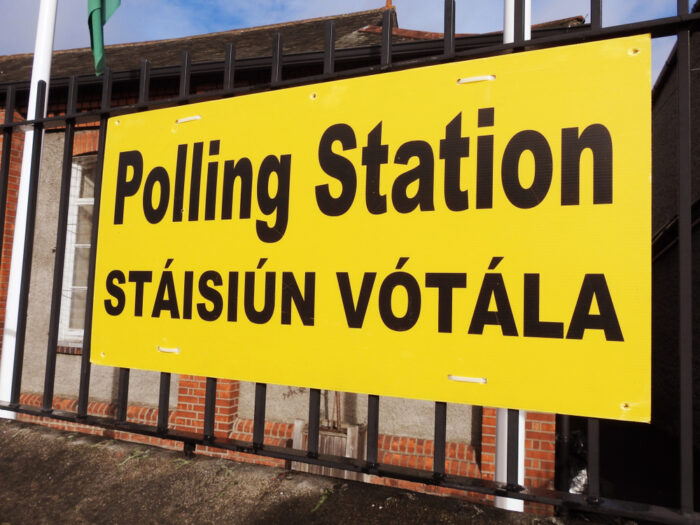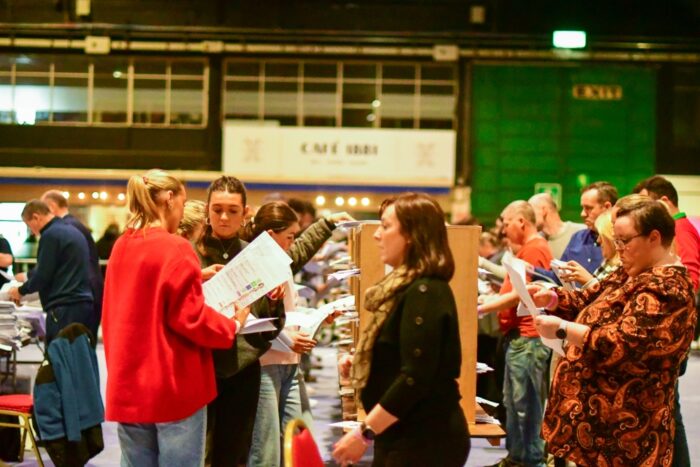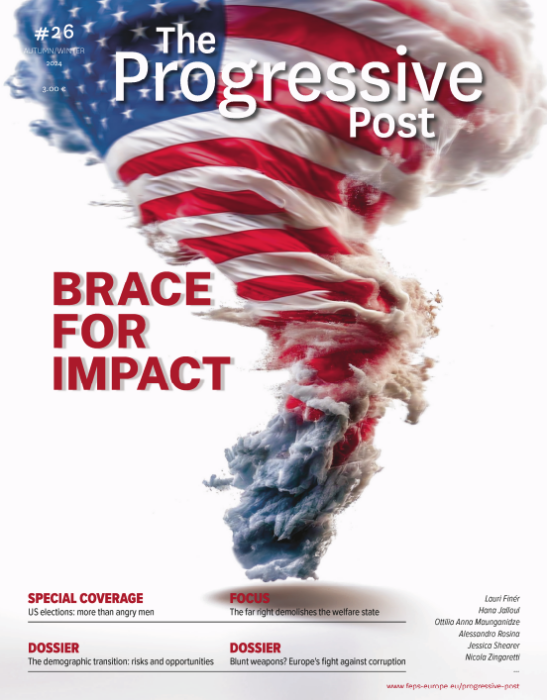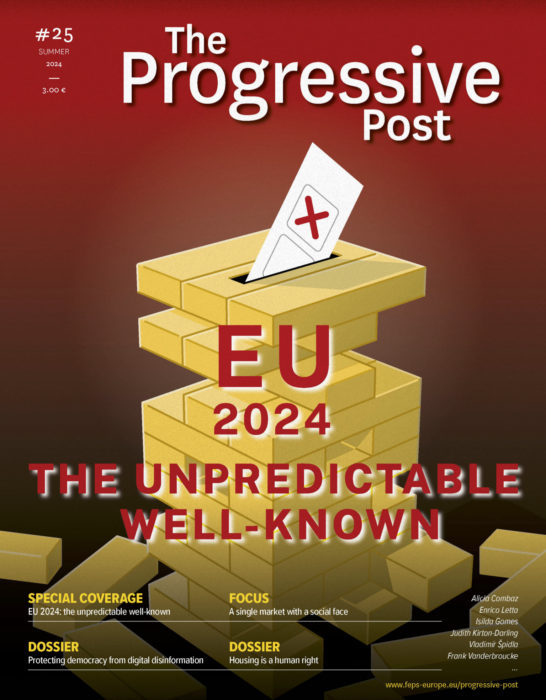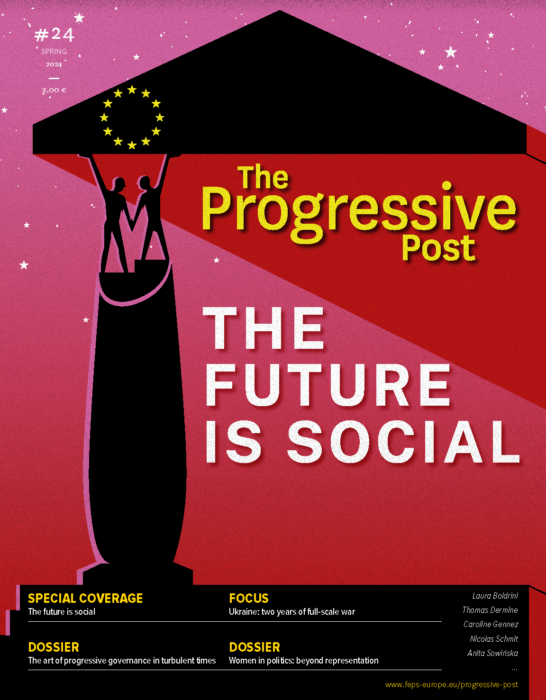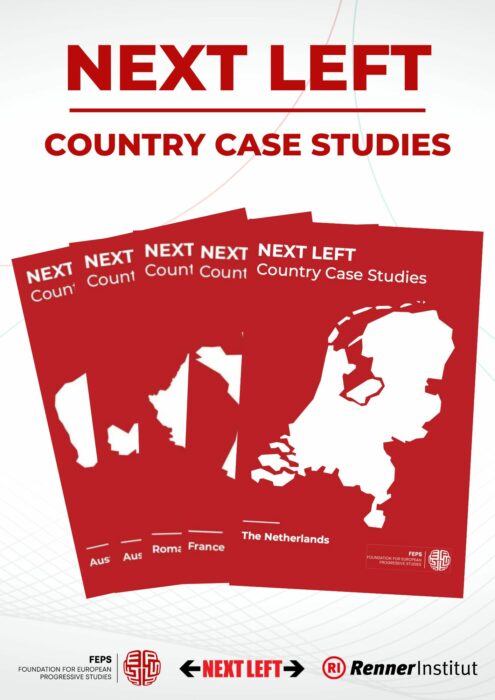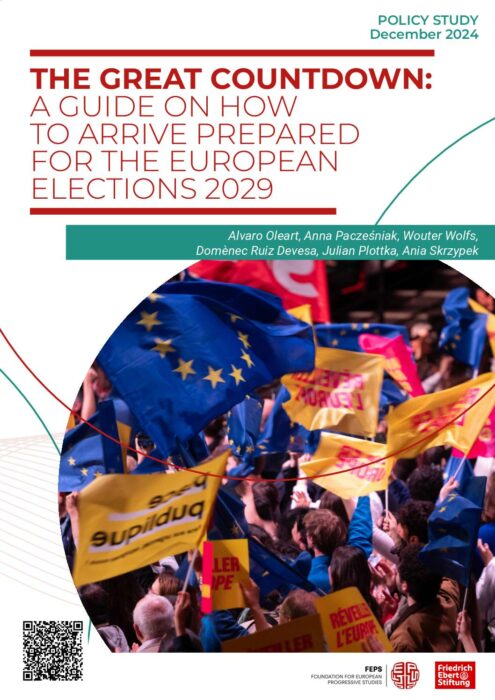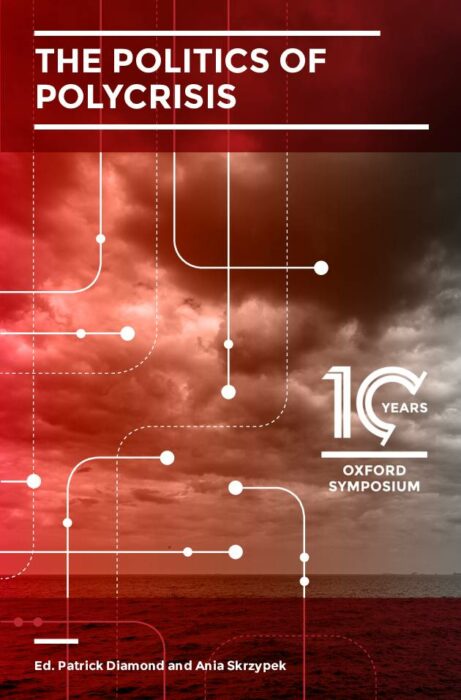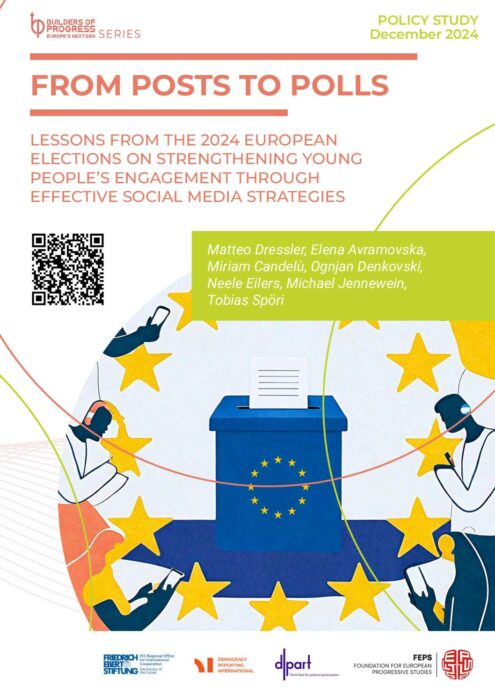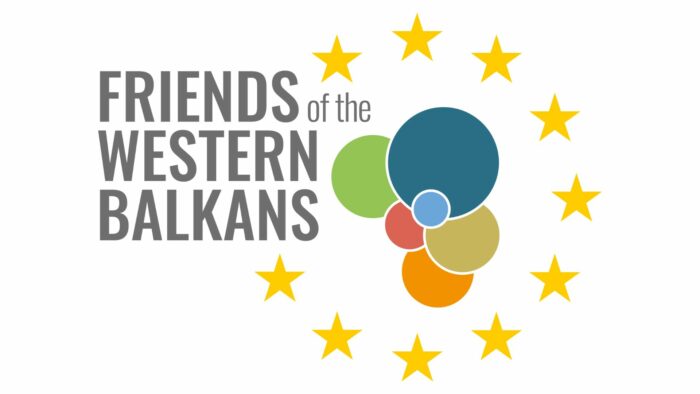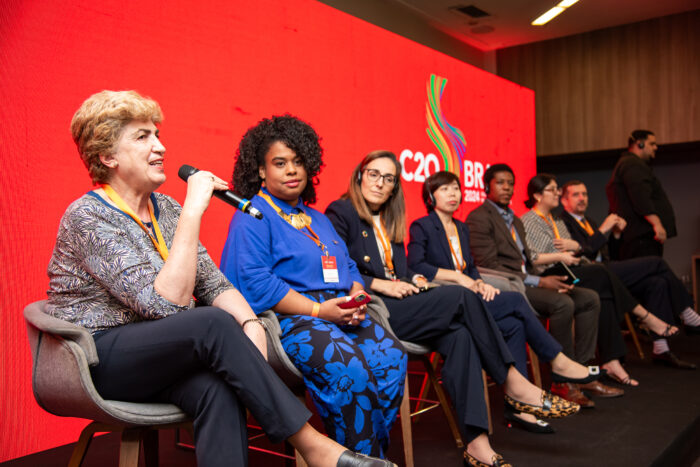|
Find all related Progressive Post
Progressive Post
Find all related Magazine
Magazine
Find all related publications
Publications
Find all related news
News
Find all related in the media
In the media
Record number of foreign attendees attend 2024 Understanding China Conference
by Global Times 03/12/2024
This article explores a vital question: What direction will Europe's migration policy take in the future? It draws on insights from FEPS policy study, 'Meeting the challenges from the populist right', presenting alternative strategies to address migration crises without mirroring the far right’s divisive tactics.













